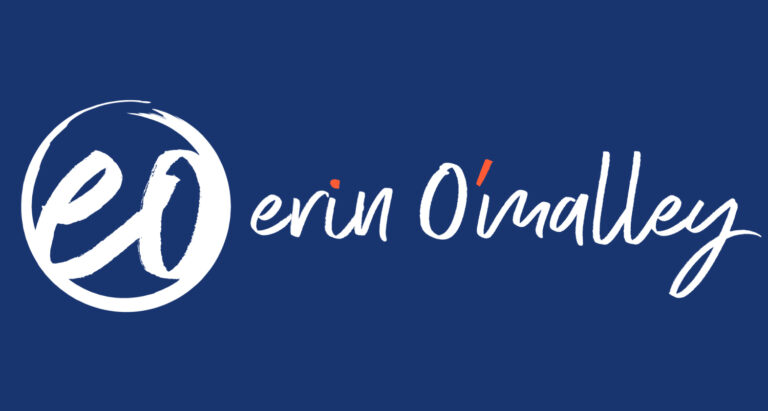I spent a few days in Minnesota last week with a group working on their communication skills. There were two stand-out moments; one predictable, one not.
The group was mid “skill-practice” (which yes, is a euphemism for role play) when I delivered some feedback to a participant, Daniel. He sort of shrugged it off and dismissed it, which was fine. I took the spotlight off Daniel and shared the feedback as a concept the rest of the group could all apply and practice.
That’s when Chad spoke up. “Well, what he was really trying to say was…In that situation, the reason he did that is because…I had a feeling he said that because…” Chad–not the initial receiver of feedback–was getting defensive on behalf of the feedback I gave Daniel.
Chad had zero to do with Daniel’s role play. Chad had zero to do with what came out of Daniel’s mouth. Yet, Chad felt compelled to explain Daniel’s rationale, to defend him, and to explain his motives to me.
Chad is a passionate sort. He also is a ginger, and as he explained Daniel’s stance his face flushed the color of his hair and his voice started to reach bellow decibel.
He was getting fired up and the energy in the room immediately dried up. People started shuffling their feet. All of a sudden they were very interested in their workbooks. Eye contact was lost towards me as all eyes shifted toward their watches.
I listened. I acknowledged his comments. I genuinely valued his perspective…and his defense of Daniel, even though I’m not quite sure he even realized that’s what he was doing.
As we shifted to our final activity of the day and the class worked on their take-aways, I reflected on what just went down in the room.
The predictable moment: Daniel shrugging off my feedback.
The unpredictable moment: Chad’s defense of Daniel.
Pretty sure it’s human nature to shrug off, rationalize, or defend ourselves when someone gives us feedback (unless we are consciously trying not to.)
Feedback encourages a change in us; always hard to take. It’s normally delivered like crap, if it’s delivered at all. Daniel’s reaction was expected.
Chad’s reaction took me a bit by surprise. He took the feedback personally on Daniel’s behalf, protecting his colleague and making sure I didn’t go back for more. Clearly, I had hit a nerve with Chad for reasons unbeknown to me.
As I saw it, I had two options. Option one: get curious and explore Chad’s reaction. Option two: hit the pause and let whatever was happening inside Chad, and the rest of the group, chill out and dissipate.
I felt like I had put the pressure on the pedal during the role plays, and it was time to take the foot of the gas and let things coast a bit.
I think this is where we get delivering feedback wrong a lot of the time. We come packed with our good intentions and frameworks for delivering feedback. We also have underlying expectations that everyone will be open to hearing it all and immediately adapting our thoughts and see the magic of what we are saying and agree and adapt on the spot.
Chad’s reaction reminded me of the reality of feedback: it takes a bit of time to settle in and to be heard, no matter how proficient our delivery.
Daniel brushed it off. Who knows what he was really thinking. Chad got loud. Who knows what HE was really thinking. When there’s a defense, when there’s a reaction, when there’s a response as impassioned as Chad’s…the feedback we receive from them as just as important as the feedback we are delivering.
It’s time to take a breath. It’s time to take our foot off the gas. It’s time to pause and give some space and let the dots connect…which might not happen instantaneously or on our schedule at all.
Our role in giving feedback is to know when to push and know when to ease up. To acknowledge the resistance and not force down our thoughts, but give people time to take it in and to reflect.
The next morning, Chad was there early and greeted me with a, “Hey Erin. I see what you were saying yesterday afternoon…” He didn’t agree with all of it–not the point. The point in sharing our perspective through feedback is to shift the thinking, open up to new ways of thinking, open up to different possibilities. That’s some big work. Our role as leaders is to know when to ease off the gas to give people the space to take it in and make it work for them.
One more unpredictable moment: waking up to snow in October! Which, if you’re from those parts–I guess IS predictable.




